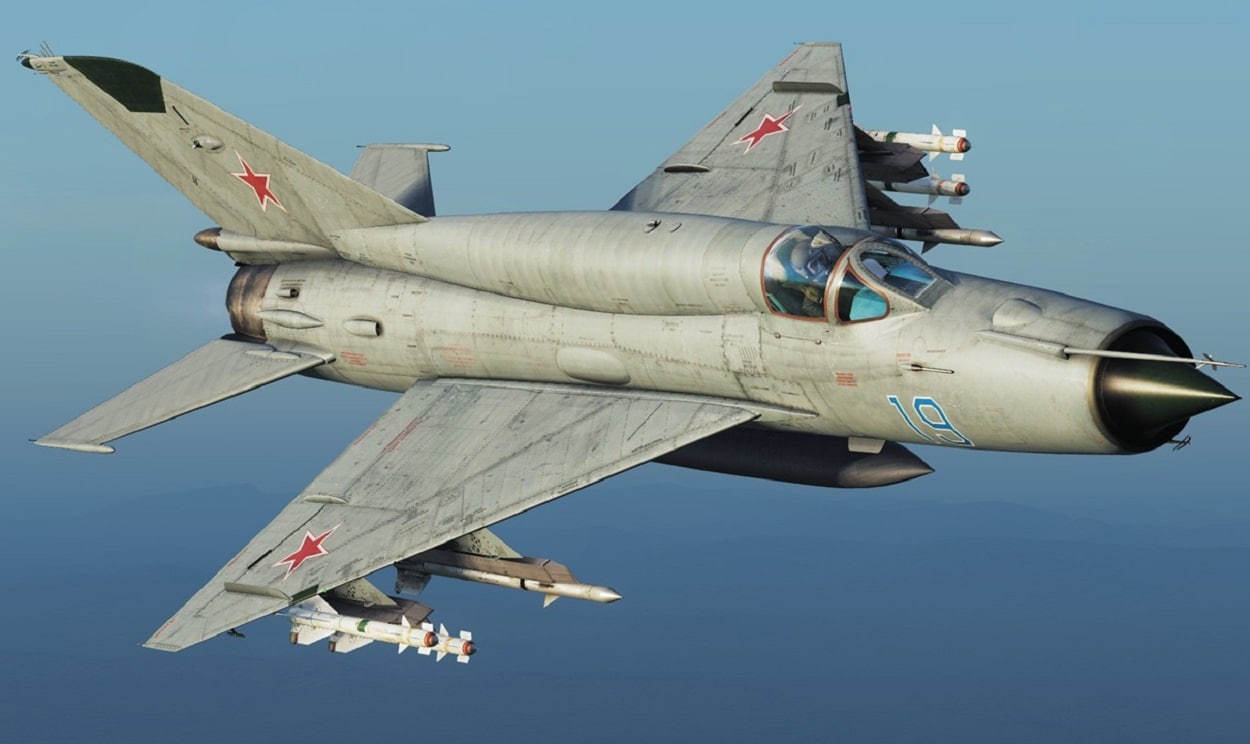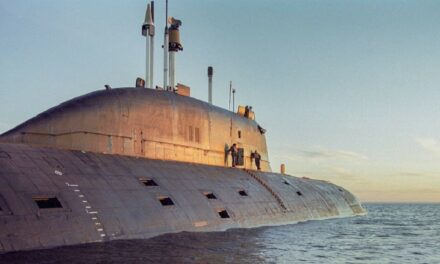We support our Publishers and Content Creators. You can view this story on their website by CLICKING HERE.
Key Points: The NATO air policing mission, safeguarding allied airspace 24/7, has seen a transition as Croatia retires its Soviet-era MiG-21 Fishbed fighters in favor of Dassault Rafales.
-The MiG-21, once a Cold War adversary, became part of NATO’s defense post-Soviet Union, used by former Warsaw Pact members like Croatia and Romania.
-Croatia’s Rafales will take over policing duties in 2024, while Hungary and Italy temporarily handle the task using Gripens and Typhoons.
-This shift marks the end of MiG-21s in NATO, with remaining Soviet-era MiG-29s in Europe also slated for replacement by modern aircraft like the F-16 and FA-50.
NATO Bids Farewell to MiG-21 Fighters as Croatia Upgrades to Dassault Rafales
The NATO air policing mission remains a vital operation that serves to protect the airspace of alliance members.
It is a collective task that “involves the continuous presence – 24 hours a day, 365 days a year – of fighter aircraft and crews, which are ready to react quickly to possible airspace violations.”
The duties are carried out by a wide range of aircraft, including some that were on the “other side” during the Cold War.
The Soviet-made Mikoyan-Gurevich MiG-21 (NATO reporting name Fishbed) was one of the aircraft that NATO’s air policing missions likely watched for and fortunately never encountered – but after the dissolution of the Soviet Union, and as former Warsaw Pact members joined NATO, the MiG-21 was also used in that same air policing role.
MiG-21 fighter. Image Credit: Creative Commons.
The mission will continue, and now without the Mikoyan-Gurevich supersonic interceptors, as Croatia completed its patrolling duties – and handed over the policing of its airspace to Hungary and Italy, which will conduct the air policing until the end of 2025. Hungary currently operates the Swedish-made Saab JAS 39 Gripen, while Italy’s air policing duties are handled by the Eurofighter Typhoon.
Croatia was the final operator of the MiG-21 in NATO, and Zagreb will be retiring the Soviet-made aircraft as it prepares to adopt the French-made Dassault Rafale.
In May, a ceremony was held to mark the arrival of the first of the French-made aircraft. Seven of a planned twelve aircraft have been delivered to the former Yugoslavian state, with the most recent aircraft arriving just last month.
Zagreb will resume its air policing with the Rafales next year.
End of the Line for the Soviet-era Fighters in Europe
NATO member Romania had also operated the MiG-21, but it retired the last of its Cold War warbirds in May 2023. A total of 11,500 of the single-engine delta wing MiG-21s were produced between 1959 and 1986 ( Source: AirDataNews.com), and “during the Cold War, the fighter was operated by almost all countries behind the Iron Curtain and was a potential opponent of Western aircraft.”

MiG-21. Image Credit: Creative Commons.
In total more than 40 nations adopted the MiG-21, including many Soviet clients in the Middle East, Asia, and Africa, while Cuba was the sole operator in the Americas. A handful of MiG-21s are still in operation, including in India and North Korea.
According to Aviation Week, the retirement of the MiG-21s “will mark the beginning of the end for Soviet-era fighter aircraft in Europe.” NATO members Bulgaria and Poland continue to operate the Mikoyan MiG-29 (NATO reporting name Fulcrum) – as does non-aligned Serbia – all three nations are on track to replace the aging fighters with the Lockheed Martin-produced F-16 Fighting Falcon, Korean Aerospace Industries FA-50 Golden Eagle, or Dassault Rafale.
Developed to counter the then-new United States fighters such as the McDonnell Douglas F-15 Eagle and the General Dynamics F-16 Fighting Falcon, the MiG-29 entered service with the Soviet Air Forces in 1983.
Author Experience and Expertise: Peter Suciu
Peter Suciu is a Michigan-based writer. He has contributed to more than four dozen magazines, newspapers, and websites with over 3,200 published pieces over a twenty-year career in journalism. He regularly writes about military hardware, firearms history, cybersecurity, politics, and international affairs. Peter is also a Contributing Writer for Forbes and Clearance Jobs. You can follow him on Twitter: @PeterSuciu.

 Conservative
Conservative  Search
Search Trending
Trending Current News
Current News 





